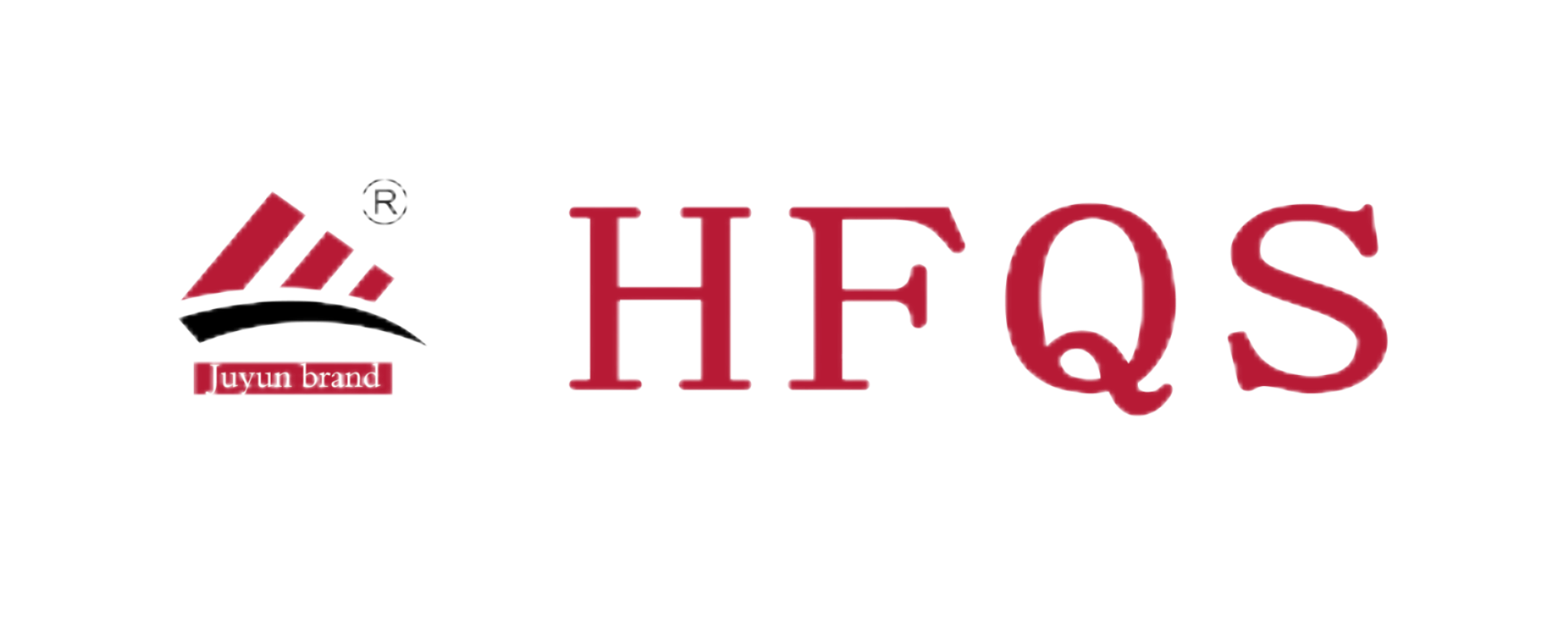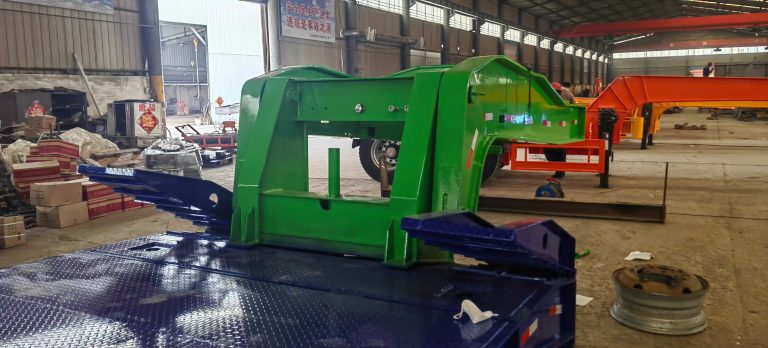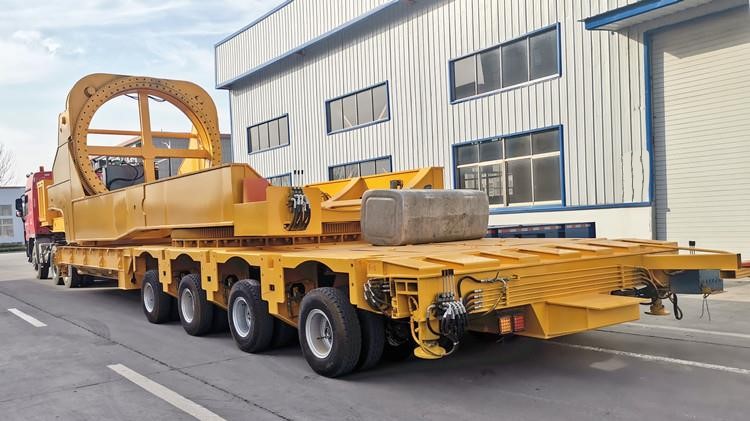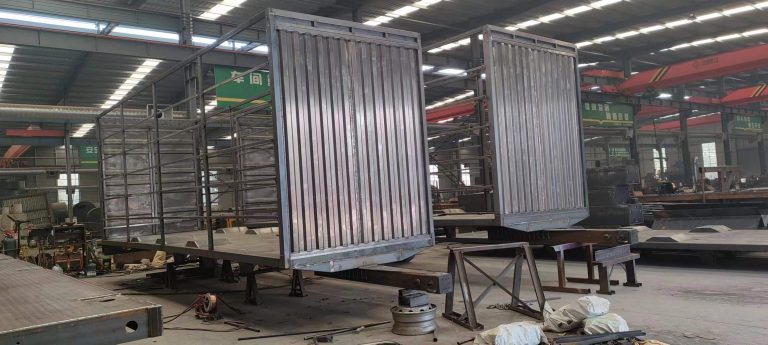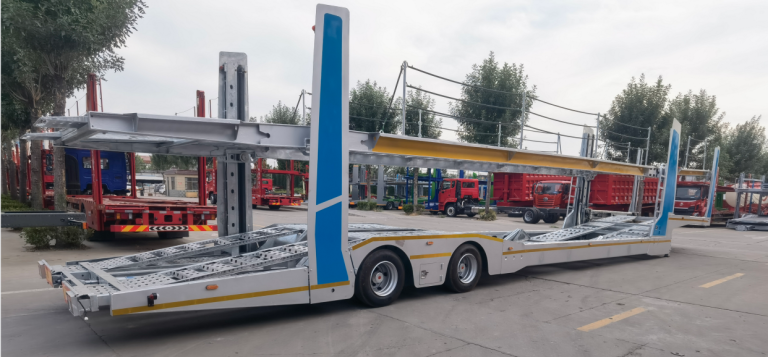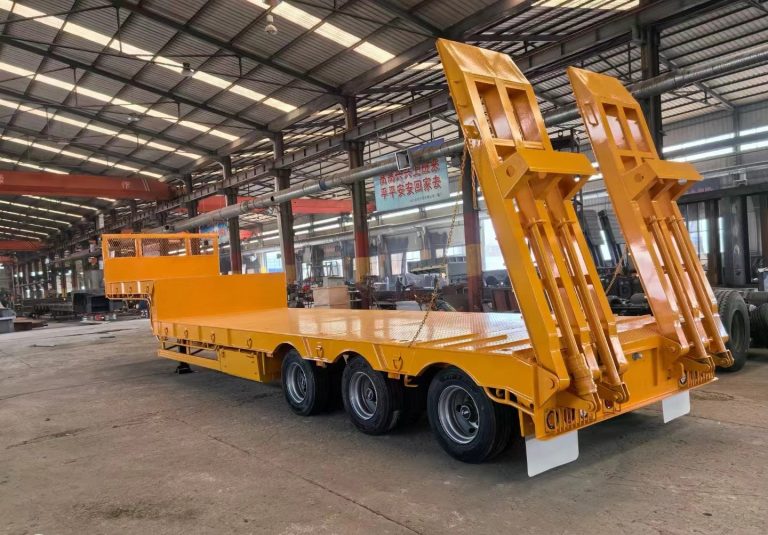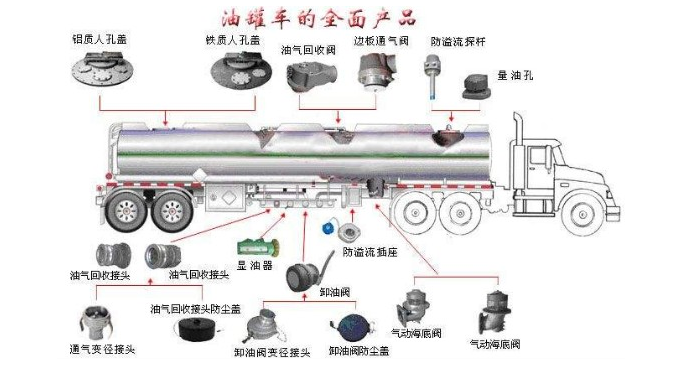Advantages and Disadvantages of High-Strength Steel Plates and Aluminum Alloy Materials in Tank Trailers
High-Strength Steel Plates
- Advantages:
- High Strength: High-strength steel plates have excellent tensile strength and yield strength, can withstand greater pressure and impact, and are suitable for tank trailers that require high load-bearing capacity.
- Good plasticity and toughness: This material can undergo plastic deformation without immediate breakage when subjected to external force, and has good toughness.
- Corrosion resistance: High-strength steel plates are usually specially treated to have high corrosion resistance and can resist corrosion in the environment to a certain extent.
- Weldability: High-strength steel plates have good welding properties and are easy to weld and connect during the manufacturing process.
- Disadvantages:
- Heavier weight: Compared with aluminum alloy materials, high-strength steel plates have a higher density, which increases the dead weight of the tank trailer, thereby affecting the vehicle’s load capacity and fuel economy.
- Higher production cost: The production of high-strength steel plates requires special alloying elements and heat treatment processes, which makes their cost relatively high.
- Difficult processing: High-strength steel plates are prone to cracking and rebound during the stamping process, and have high requirements for molds and processes.
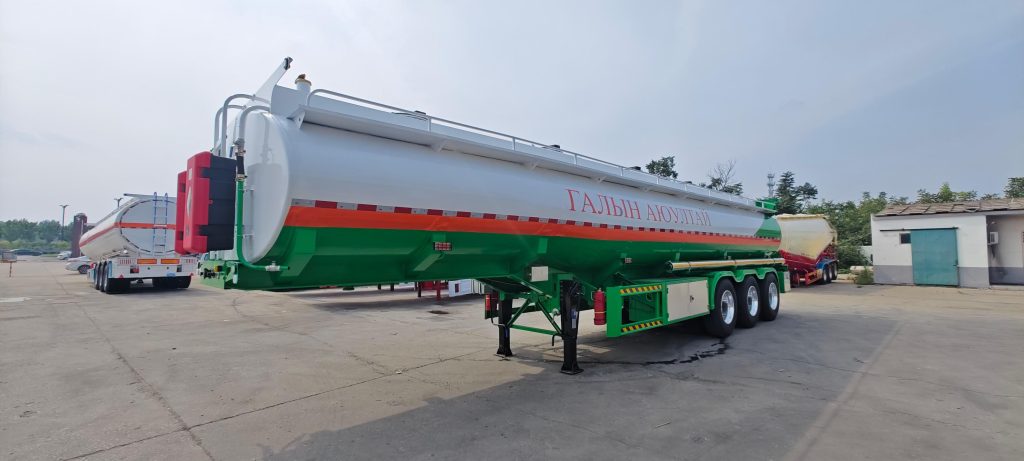
Aluminum alloy materials
- Advantages:
- Lightweight: The density of aluminum alloy is about 1/3 of that of steel. The use of aluminum alloy materials can significantly reduce the weight of tank trailers, improve load capacity and fuel economy.
- Good corrosion resistance: A dense oxide film is easily formed on the surface of aluminum alloy, which has excellent corrosion resistance and can be used for a long time in harsh environments.
- Good thermal conductivity and electrical conductivity: Aluminum alloy has good thermal conductivity and electrical conductivity, which makes it advantageous in certain specific applications.
- Good plasticity: Aluminum alloy is easy to process into parts of various shapes and sizes, suitable for complex structural designs.
- Recyclability: Aluminum alloy has good recyclability and can be recycled many times, which is beneficial to environmental protection.
- Disadvantages:
- High cost: The production cost of aluminum alloy materials is high, resulting in relatively expensive prices.
- Relatively low strength: Although aluminum alloy has high strength, its strength and rigidity are still somewhat different from those of high-strength steel plates.
- Easy to damage: Aluminum alloy is relatively soft and easily damaged during handling, installation and processing.
- Low low temperature strength: The strength of aluminum alloy may decrease under extremely cold conditions.
In summary, high-strength steel plates and aluminum alloy materials each have their own unique advantages and disadvantages. Which material to choose depends on the specific transportation needs, usage environment and economic budget. High-strength steel plates are suitable for scenarios that require high load-bearing capacity and good corrosion resistance, while aluminum alloy materials are more suitable for applications that pursue lightweight and high corrosion resistance.
